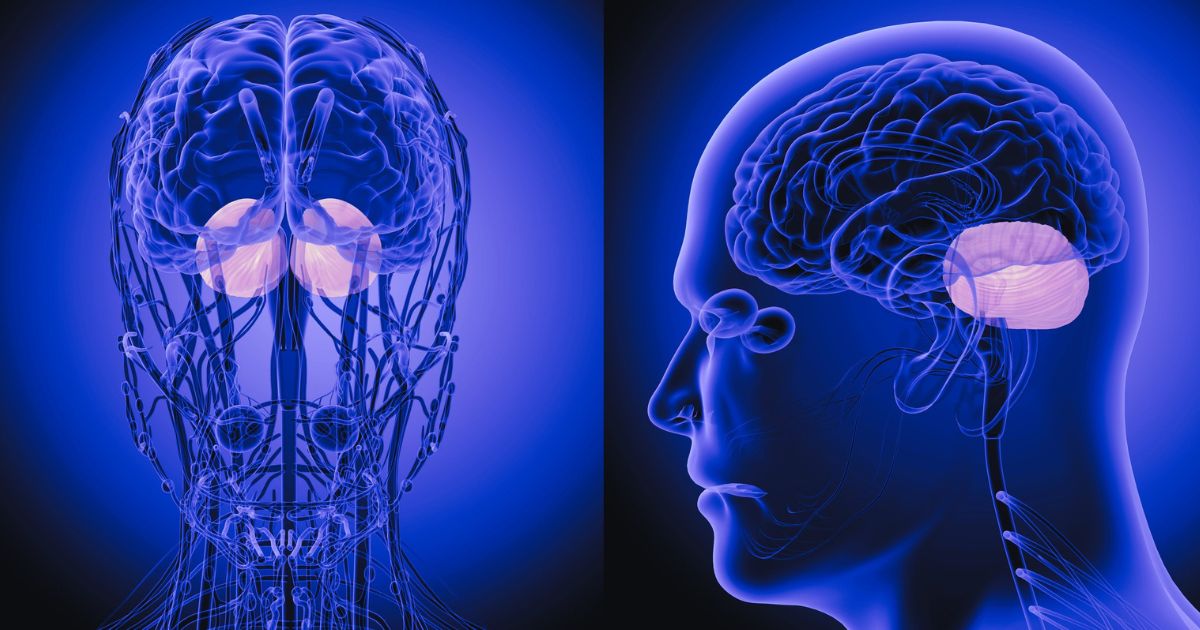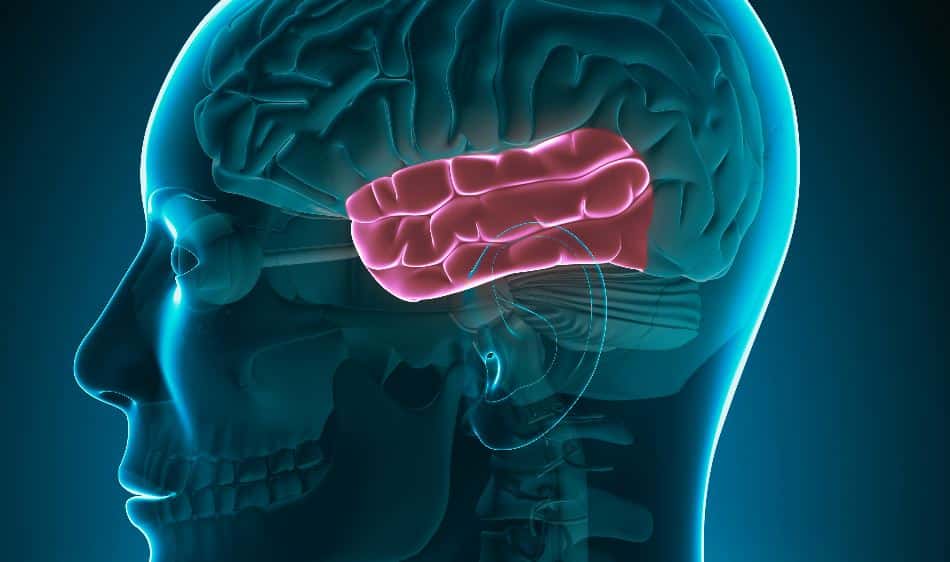Jan. 06, 2023
The Auditory System: What’s the Cerebellum got to do with it?
By Hillary K. Siddons and Frank E. Musiek, University of Connecticut The cerebellum is a complex neural structure located at the base of the skull in the posterior fossa. It lies caudal to the occipital lobe of the brain and dorsal to the brainstem, at the level of the pons and the medulla. The cerebellum is separated from the brainstem by




